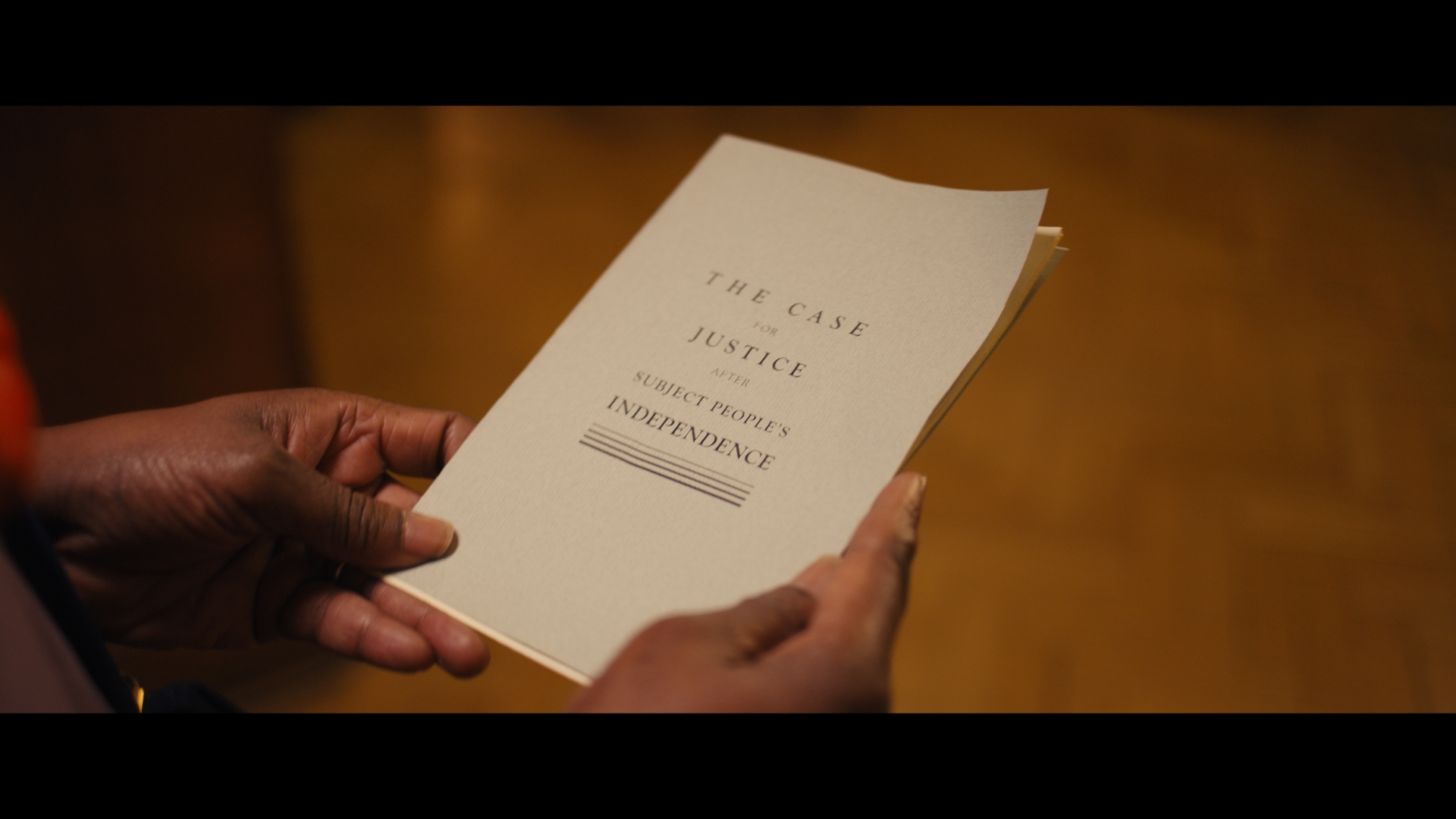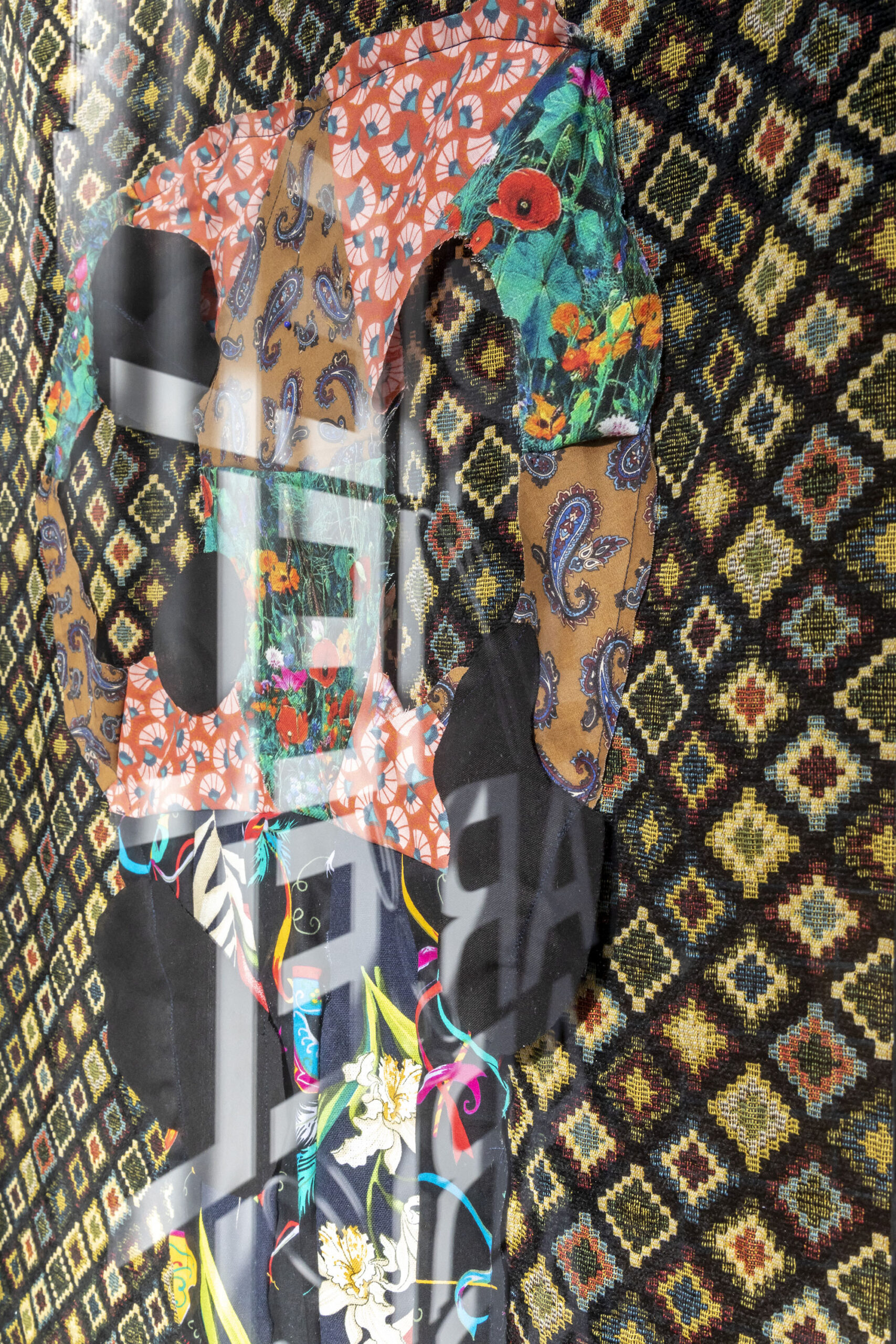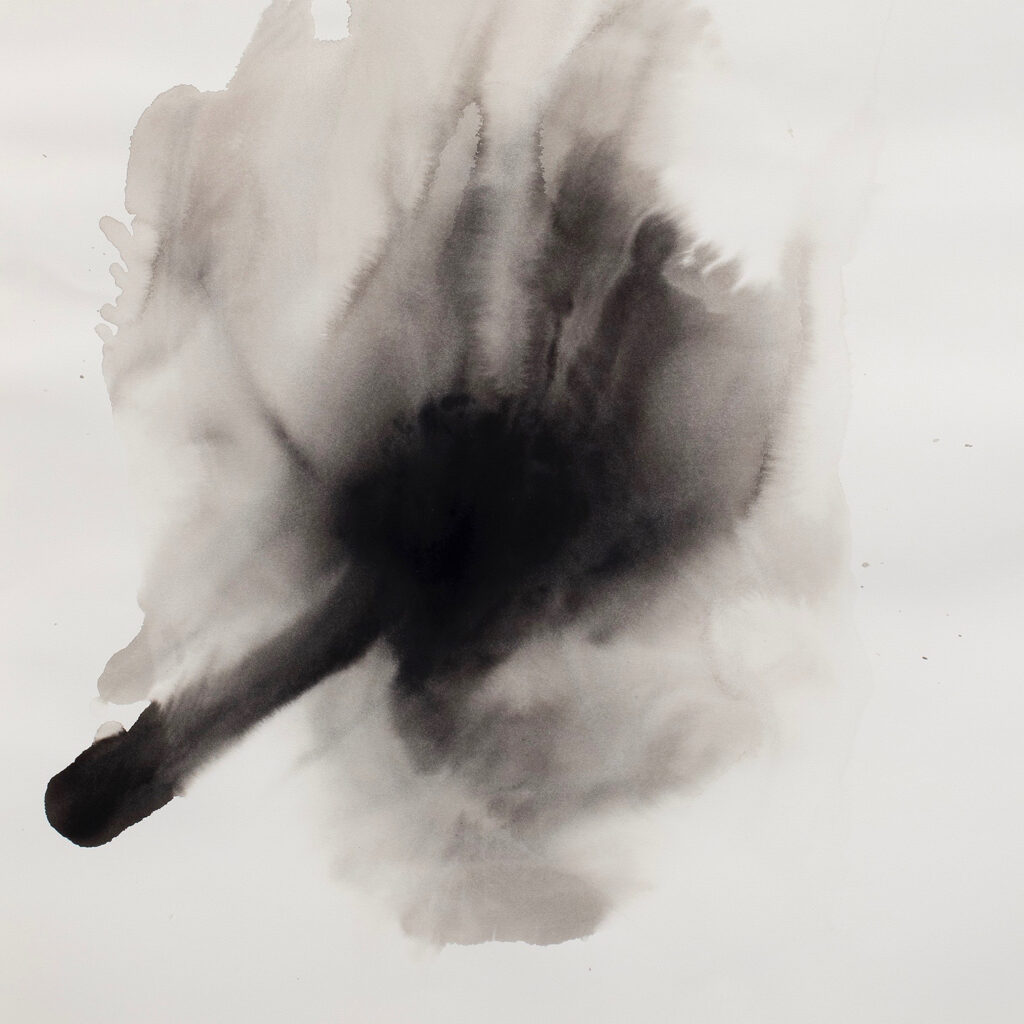Unpacking our library
what it feels like is good enough

“In the inclusive sense, my politics, you’ll find all of the atypical features of my character. I may run, but all the time that I am, I’ll be looking for a stick! A defensible position! It’s never occurred to me to lie down and be kicked! It’s silly! When I do that I’m depending on the kicker to grow tired. The better tactic is to twist his leg a little or pull it off if you can. An intellectual argument to an attacker against the logic of his violence — or one to myself concerning the wisdom of a natural counterviolence — borders on, no, it overleaps the absurd!!”
– George Jackson, Soledad Brother: The Prison Letters of George Jackson
“If black liberation is to succeed, the systems that perpetuate this racist and inhumane situation must be destroyed. And this cannot be done with rhetoric; this cannot be done with bullshit. It takes action.”
— Harry Edwards, “Moving Against the System: New Directions for the Black Struggle” in David Austin edited collection.
“A gimlet: a small t-shaped tool with a screw tip for boring holes. Wouldn’t it be wise for one to carry a gimlet everywhere one goes? Wouldn’t it be wise, intentional or even freeing for me, for us, for black women, to walk around with a gimlet sown into the hem of a sleeve….a physical, metaphorical or even theoretical gimlet? You know just a little something for those times and conditions that feel precarious and unsafe.”
― Sandra Jackson-Dumont, presentation at Loophole of Retreat: Venice
“I’ll tell you what freedom is to me. No fear.”
― Nina Simone
what it feels like is good enough is a series of conversations about black and anti-colonial praxis inspired by the activities of artists and thinkers of the black radical tradition, and by Katherine McKittrick’s deep engagement with Sylvia Wynter. “I learned from [Sylvia Wynter] that sharing stories is creative rigorous radical theory,” McKittrick writes. “The act of sharing stories is the theory and the methodology.” Hosted every first Sunday of the month at the Archive Berlin space in the Wedding, this series intends to foster discussions about how we fashion our tools for liberation.
The tool is understood expansively. Like Harriet Jacobs’ gimlet, described above by Sandra Jackson-Dumont, these tools may be material or immaterial, they may be objects or concepts, spaces or songs, technologies or gestures. What these sticks, gimlets, and other tools share is that they are agentive; they enable tactics and strategies that can be wielded for our sustained freedom from fear, and toward joyous living.
Working with and from the efforts forged by previous generations, each activation will become a form of wayfinding. Invited artists and writers share their current work, their approaches to praxis, and the ongoing ways in which they navigate the assumptions, violences and extractive imperatives of the present world order. For the first four activations we will be joined by Mayra Rodríguez Castro, S*an D. Henry-Smith, Edna Bonhomme and Onyeka Igwe.
what it feels like is good enough is a part of the Unpacking our Library strain of Publishing Practices is a recurring program committed to an expanded idea of publishing not confined to the production and dissemination of printer matters but open to a multi-sensorial reflection on other ways to know and exist.
Publishing Practices curatorial ensemble: Soukaina Aboulaoula, Mistura Allison, Chiara Figone, Paz Guevara and Beya Othmani
Unpacking our library is conceptualised and curated by Paz Guevara
what it feels like is good enough is organized by Yaniya Lee
Coordinated by Miriam Gatt
Visual identity by Aziza Ahmad
Publishing Practices is funded by the Capital Cultural Fund (HKF)

Fourth activation – June 4 / 12:00
with Onyeka Igwe
Join Archive editor Yaniya Lee and artist Onyeka Igwe for the fourth activation of what it feels like is good enough, a series of gatherings about the praxis of liberation. We will gather at the Archive Berlin space in Wedding at 12:00. Onyeka Igwe has been looking into the beginnings of Pan-Africanism in London exploring the political movement and its key figures specifically the ways in which figures such as Amy Ashwood Garvey, Katherine Dunham, Una Marson and Sylvia Wynter also used music, poetry, dance and theatre to challenge imperialism. She will be sharing this research, screen a work-in-progress version of the film and lead a devising exercise to help us imagine a theatrical play on repair and recompense.
These gatherings are meant to be small and allow for engaged conversations, for this reason we ask you to write to us a few words about your commitment to black radicalism before joining. Send your note to yaniya@archivebooks.org to save your spot at the upcoming sessions.
Onyeka Igwe is a London born, and based, moving image artist and researcher. Her work is aimed at the question: how do we live together? Not to provide a rigid answer as such, but to pull apart the nuances of mutuality, co-existence and multiplicity. Onyeka’s practice figures sensorial, spatial and counter-hegemonic ways of knowing as central to that task. For her, the body, archives and narratives- both oral and textual – act as a mode of inquiry that makes possible the exposition of overlooked histories. Her works have been shown in the UK and internationally at film festivals and galleries. She was awarded the New Cinema Award at Berwick Film and Media Arts Festival 2019, 2020 Arts Foundation Fellowship Award for Experimental Film, 2021 Foundwork Artist Prize and has been nominated for the 2022 Jarman Award and Max Mara Artist Prize for Women.

From the digital exhibition, Dreaming Black futures, Edna Bonhomme
Third activation – May 6 / 11:00
with Edna Bonhomme
Join Archive editor Yaniya Lee and historian of science, culture writer, and editor Edna Bonhomme for the third activation of what it feels like is good enough, a series of gatherings about the praxis of liberation. We will gather at the Archive Berlin space in Wedding at 11:00 for a late breakfast. Edna will explore and meditate texts that explore reproductive justice and kinship, especially with how bodily autonomy has been exercised by Black people in the Americas.
These gatherings are meant to be small and allow for engaged conversations, for this reason we ask you to write to us a few words about your commitment to black radicalism before joining. Send your note to yaniya@archivebooks.org to save your spot at the upcoming sessions.
Edna Bonhomme is a historian of science, culture writer, and editor based in Berlin, Germany. She writes feature articles, creative nonfiction, and book reviews. Her writing has appeared in Al Jazeera, The Atlantic, The Baffler, Esquire, Frieze, The Guardian, The London Review of Books, The Nation, WIRED, and other publications. A graduate of Princeton University’s Ph.D. program in History of Science , she holds awards and fellowships from the Max Planck Institute for History of Science, the Ludwig Maximilian Universität, the Camargo Foundation, and the Baldwin for the Arts. Edna’s forthcoming book explores the relationship between contagion and captivity.

Second activation – April 2 / 11:00
with S*an D. Henry-Smith
Join Archive editor Yaniya Lee and guest writer S*an D. Henry-Smith this Sunday April 2 for the second activation of what it feels like is good enough, a series of gatherings about the praxis of liberation. We will gather at the Archive Berlin space in Wedding at 11:00 for a late breakfast. S*an will be reading a section from and talking about their latest project, a script titled “Untitled (thoughts on an impossible medium, or wrong man for the job; not an essay, but a rant with citations)”
These gatherings are meant to be small and allow for engaged conversations, for this reason we ask you to write to us a few words about your commitment to black radicalism before joining. Send your note to yaniya@archivebooks.org to save your spot at the upcoming sessions.
S*an D. Henry-Smith is a collaborative practitioner engaging Black experimentalisms in and across poetry, photography, sound, and performance. Henry-Smith collaborates with Imani Elizabeth Jackson as mouthfeel; their book Consider the Tongue (2019) probes histories of aquatic labor and Black food through cooking, poetry, and ephemeral practices. They are the author of two chapbooks, Body Text (2016) and Flotsam Suite: A Strange & Precarious Life, or How We Chronicled the Little Disasters & I Won’t Leave the Dance Floor Til It’s Out of My System (2019). Wild Peach (2020), was published by Futurepoem, and shortlisted for the PEN Open Book Award. “in awe of geometry & mornings” (2021), exhibited at White Columns, brought to scale photographs from the book alongside a series of readings and conversations programmed with their collaborators. They are also the director of the short film Lunar New Year (2021).

First activation – March 5 / 11:00
with writer Mayra Rodríguez Castro
Join Archive editor Yaniya Lee and guest writer Mayra A. Rodríguez Castro this Sunday March 5 for the first activation of what it feels like is good enough, a series of gatherings about the praxis of liberation. We will gather at the Archive Berlin space in Wedding at 10:30 for a late breakfast followed by a conversation and a workshop.
These gatherings are meant to be small and allow for engaged conversations, for this reason we ask you to write to us a few words about your commitment to black radicalism before joining. Send your note to yaniya@archivebooks.org to save your spot at the upcoming sessions.
Mayra A. Rodríguez Castro is the editor of Audre Lorde: Dream of Europe, a collection of unpublished seminars and interviews by Audre Lorde (Kenning Editions, 2020). She is a former Research Fellow at The John F. Kennedy Institute of North American Studies (Freie Universität Berlin, 2018) and recipient of the Anne Waldman Fellowship (Naropa University, 2019). Most recently, Castro united with Divided Publishing in a selection of writings by abolitionist scholar Joy James, In Pursuit of Revolutionary Love (2023). Her words have been hosted by de Appel, Amant Foundation, Dia Art Foundation, Fivehundred Places, Spector Books, Social Text Journal, The Brooklyn Rail, Changes Review, and The Poetry Project among others.
